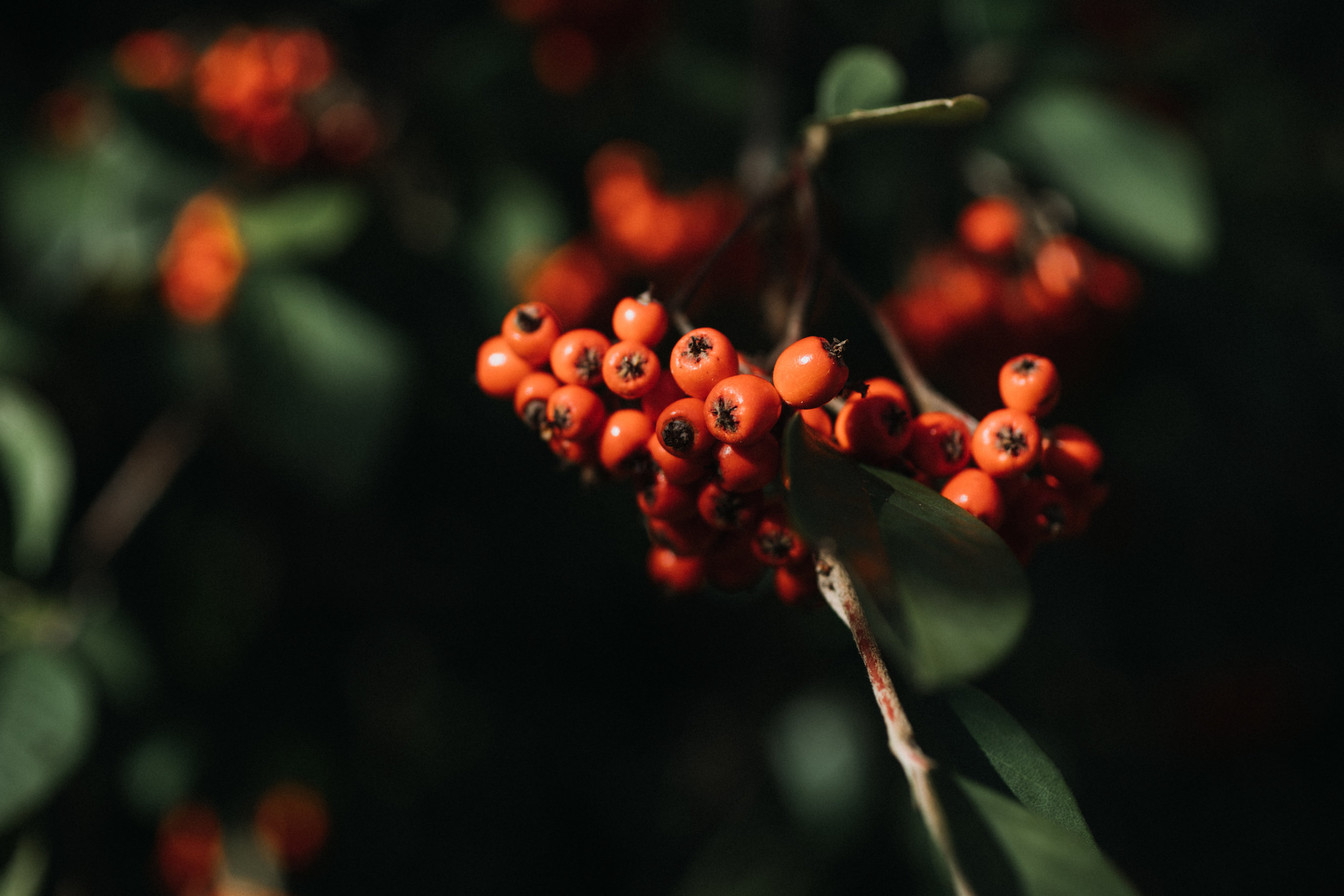Nature Blog: August 2020
Last year, we had what must be one of nature's most coordinated events, a Beech Mast, where all of the native beech trees drop their seeds simultaneously, in massive, unbelievable concentration. This enormous surplus of food starts a chain reaction up the food chain that almost a full year later we are seeing come to fruition. And while this may be a bonanza for some animals, it approaches disastrous for others, notably native birds.
The overflow of beech seeds on the ground lead to a population explosion of mice, at least initially. Given the right conditions, the mice population soon exceeds the food supply, that is until their predators catch up. Many times you will see mice swim across the river, only to be swallowed whole by trout grown massive by the bounty. Rats are the biggest beneficiary, and soon possums, ferrets, stoats, and raptors join in on this explosion of life. Over the last few months, you could actually observe how the populations rebalance and eventually diminish like a cresting wave. Right now, we are in what has become the apex predator in the area, wild cats.
This season, MRR will be launching its Maruia Shelter Project. This is a continuing initiative to control invasive species, restore native habitat, and protect local species, within the estate. Guests will be encouraged to participate in both monitoring of wildlife and assisting with the placement of traps or bait for target species. From experience, even a little effort makes a world of difference for our native species, and with your participation, we can make Maruia a sanctuary for native birds and wildlife.
Sign up for our newsletter here to keep updated on this initiative.
Lasse
Resident Yoga Teacher and Groundskeeper



